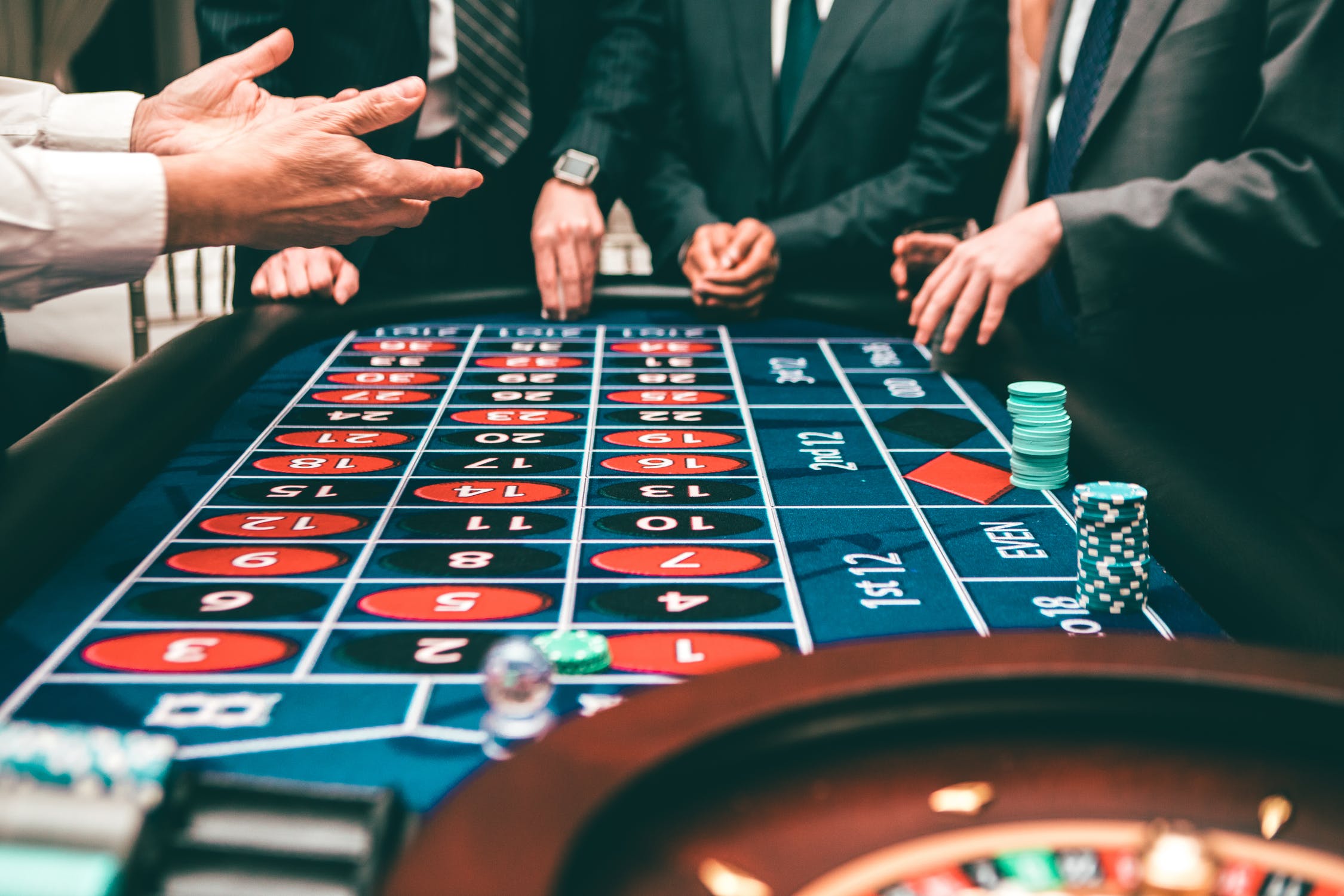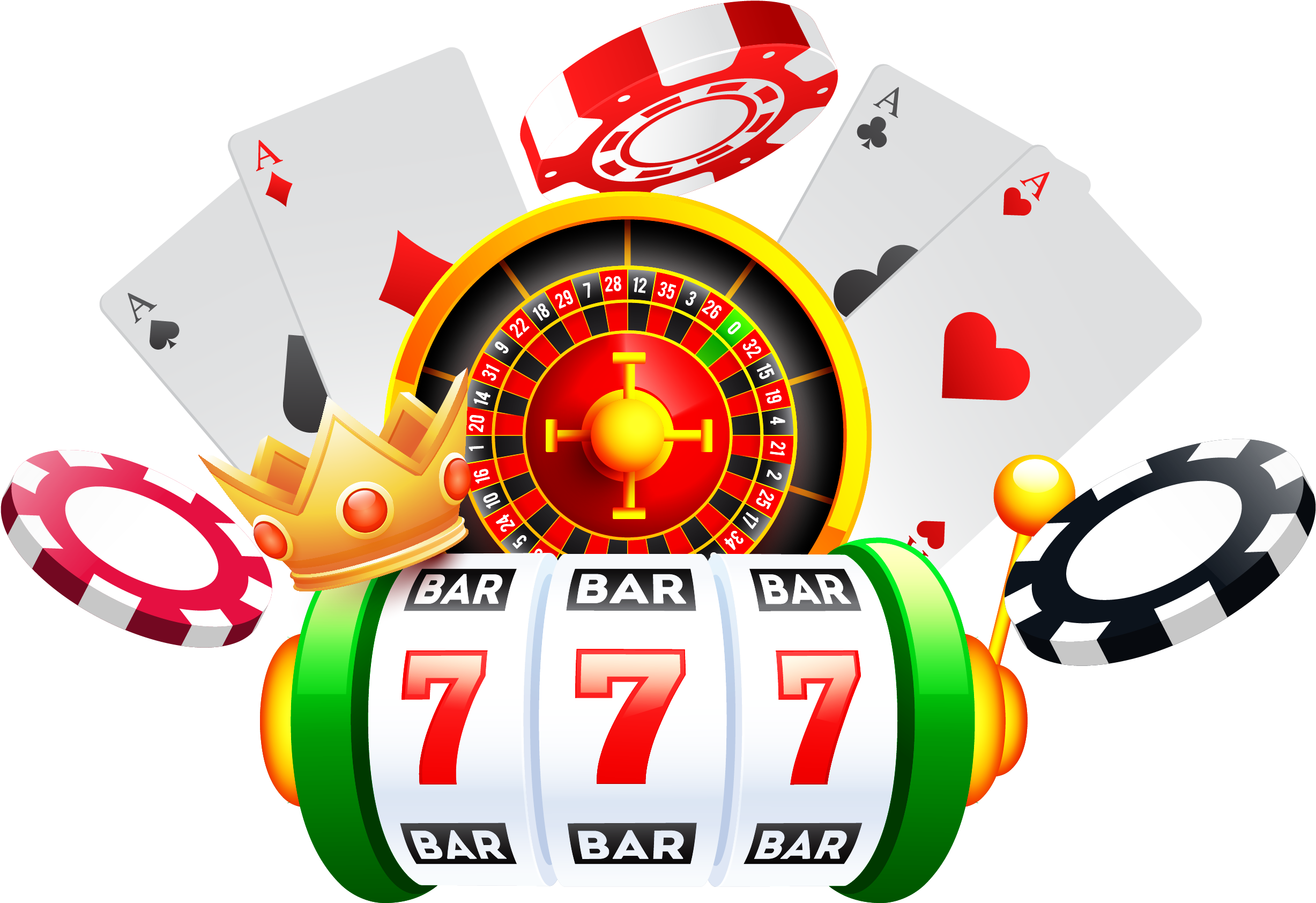Casino games often conjure visions of high-stakes gambling and dynamic entertainment. Even though these games primarily serve as a source of leisure, they also offer a exceptional platform for enhancing strategic thinking and decision-making skills. From poker to blackjack, players must maneuver through complex scenarios that require meticulous planning and evaluation, making these games a unexpected yet powerful educational tool.
Engaging in gambling activities can teach players about managing risks, probability, and the value of adjusting strategies based on constantly shifting circumstances. Whether evaluating the probabilities of a roulette spin or determining the best move in a card game, participants regularly exercise and develop their analytical abilities. This interaction of fun and learning highlights the educational value that gambling games can offer, changing a night out into a real-world exercise in strategy and skill development. Kubet
Strategic Thinking in Gambling Activities
Casino games are not just about chance; they require players to develop and apply various strategies to maximize their chances of success. Titles such as poker or blackjack require players to evaluate situations, make calculated decisions, and consider possible outcomes. By engaging in these games, players learn to evaluate risks and rewards, making quick but informed choices based on the available information. This exercise of weighing options enhances critical thinking abilities that are applicable in various real-world scenarios.
In addition to decision-making, casino games foster an understanding of probability and statistics. Players often need to compute odds and evaluate the chances of specific outcomes. For instance, understanding when to hit or stand in blackjack requires understanding the chances of the next card and possible dealer outcomes. These analytical skills are vital, as they translate into better judgment in daily situations, particularly in financial and tactical planning.
Furthermore, the competitive nature of casino games encourages players to modify their strategies based on the behaviors of opponents or shifting game dynamics. Be it bluffing in poker or adjusting bets in roulette, players learn to observe and read their surroundings effectively. This flexibility is crucial not only in gaming but also in commerce and leadership contexts, where adapting tactics due to rivals can make all the difference. Engaging in casino games thus fosters a mentality focused on strategy and adaptability.
Probability and Decision-Making
Gambling games are intrinsically built around the principles of chance, making them an excellent tool for developing strategic decision-making and decision-making skills. Comprehending the probabilities of different outcomes can help players evaluate threats and rewards effectively. For instance, when playing activities like 21 or poker, players must balance their chances of winning against the risk of losing of their bets. By analyzing these odds, individuals can make better decisions, eventually improving their ability to assess risks in different situations outside the casino.
Moreover, engaging with casino games challenges players to adopt strategic thinking. Each game demands a distinct approach to decision-making, particularly in games of chance that involve a combination of skill and chance, such as the card game. Players must understand when to take risks or play conservatively based on their hand and the behavior of their opponents. This necessity to adapt to shifting conditions sharpens critical thinking and enhances the capacity to assess complex scenarios, fostering skills that are advantageous in both personal and professional contexts.
In conclusion, gambling games provide a valuable setting for exploring the principles of chance and decision making. By participating in these games, players can experiment with various tactics and learn from both victories and failures. This iterative process of assessing decisions and understanding outcomes cultivates a mindset that values logical reasoning, making gambling games a compelling and entertaining way to build essential skills applicable in everyday life.
Important Abilities Gained through Betting
Betting, especially through gaming experiences, might equip players with crucial life skills that stretch beyond the gaming table. One key ability is the management of risk. Gamblers need to regularly assess the likely gains versus the hazards involved in their decisions. Participating with games like poker or 21 motivates players to analyze circumstances, consider their choices, and make strategic decisions, a skill that can apply to improved decision-making in routine situations.
An additional vital competence gained from casino games is emotional regulation. Gamblers frequently go through a rollercoaster of feelings, including the excitement of a win to the sadness of a setback. Learning to control these states effectively can bring about enhanced grit and patience. This ability to understand emotions is priceless, as it enables people deal with both casino experiences but also the unpredictability of life with a level-headed approach.
Lastly, casino games cultivate communication skills through engagement with others, whether it’s working together with teammates in a game of craps or participating in contests at the poker table. These interactions can enhance dialogue and deal-making skills, as gamblers discover to analyze their opponents and modify their gameplay accordingly. Such experiences can develop confidence and nurture connections, benefiting personal and career interactions in various aspects of life.


